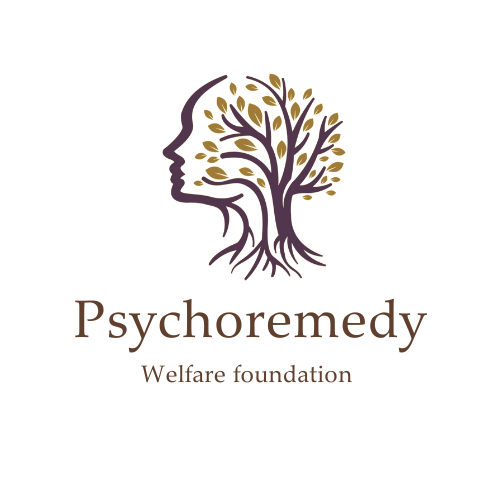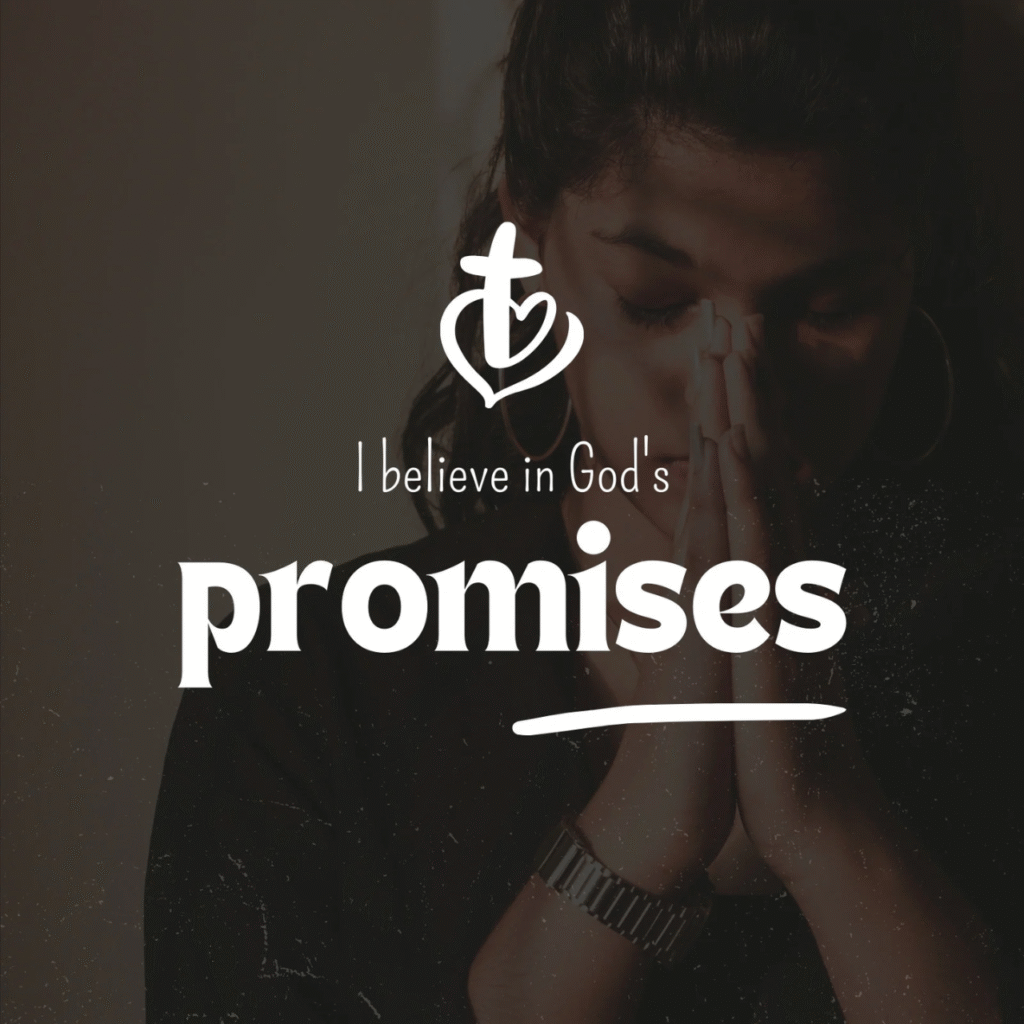“Understanding the difference between anxiety vs depression is one of the most common mental health challenges worldwide. While often spoken about in the same breath, they are distinct conditions with unique characteristics.”
Struggling with anxiety vs depression can feel like being caught between two different storms. Anxiety is a frantic lightning storm of “what ifs,” while depression is a heavy, suffocating fog that blots out the sun. This guide is your map to navigating the weather in your mind.
Part 1: Understanding the Symptoms of Anxiety
At its core, anxiety is the body’s natural response to stress—a future-oriented state of apprehension and fear. It’s the “fight-or-flight” system preparing you for a perceived threat. In an anxiety disorder, however, this alarm system becomes overly sensitive and gets stuck in the “on” position, ringing loudly even when there’s no real danger.

Symptoms of Anxiety
Anxiety manifests in three main ways: emotionally, physically, and behaviourally.
Emotional & Cognitive Symptoms:
(What you think and feel)
-
- Excessive Worry: Not just worrying about a specific upcoming event, but a persistent and uncontrollable loop of “what if?” scenarios that can feel all-consuming.
- Catastrophizing: A tendency for your mind to immediately jump to the worst-possible conclusion in any given situation.
- Irritability and Agitation: A constant feeling of being on edge, restless, and easily annoyed by small things.
- A Sense of Dread: A persistent feeling that something terrible is about to happen, even without a specific reason.
- Difficulty Concentrating: Your mind is so preoccupied with worry that you can’t focus on tasks, conversations, or even a book or TV show.
Physical Symptoms :
(How your body reacts)
-
- Increased Heart Rate: A pounding or racing heart, even when you’re at rest.
- Shortness of Breath: Feeling like you can’t get enough air or are suffocating.
- Muscle Tension: Chronic tightness in your shoulders, neck, and jaw, often leading to headaches and aches.
- Gastrointestinal Issues: Stomach knots, nausea, diarrhoea, or irritable bowel syndrome (IBS) are very common.
- Trembling, Sweating, and Dizziness: The physical signs of your body’s adrenaline surge.
- Fatigue: Constant hyper-vigilance is exhausting, leading to a feeling of being completely drained.
Behavioral Symptoms (What you do):
-
- Avoidance: Actively staying away from people, places, or situations that trigger your anxiety. This can shrink your world significantly.
- Procrastination: Putting off tasks because the fear of not doing them perfectly is overwhelming.
- Seeking Reassurance: Constantly asking others if everything will be okay.
- Fidgeting or Restlessness: An inability to sit still, pacing, or other nervous habits
Part 2: Understanding the Symptoms of Depression
“Understanding depression is a critical part of this mental health struggle. It is a mood disorder that causes a persistent feeling of sadness and a profound loss of interest in life.”
Symptoms of Depression
Like anxiety, depression’s symptoms are emotional, physical, and cognitive.
Emotional Symptoms (What you feel):
-
- Persistent Low Mood: An unshakeable feeling of sadness, emptiness, or hopelessness that colors your entire experience.
- Anhedonia: This is a core symptom. It’s the loss of pleasure or interest in hobbies and activities you once enjoyed, from socializing to listening to music. Things that used to bring you joy now feel flat and uninteresting.
- Feelings of Worthlessness or Guilt: An intense and often irrational sense of self-blame, fixating on past failures or believing you are a burden to others.
- Emotional Numbness: Some people report not feeling sad, but rather feeling nothing at all—a complete emotional void.
Physical Symptoms (How your body is affected):
-
- Profound Fatigue: A bone-deep exhaustion that isn’t relieved by sleep. Simple tasks can feel like climbing a mountain.
- Changes in Sleep Patterns: This can go two ways: insomnia (difficulty falling or staying asleep) or hypersomnia (oversleeping and still feeling tired).
- Changes in Appetite and Weight: A significant loss of appetite leading to weight loss, or an increase in cravings (often for carbohydrates) leading to weight gain.
- Unexplained Aches and Pains: Headaches, back pain, and muscle aches with no clear physical cause are common.
- Psychomotor Changes: You may feel physically “slowed down” (retardation), with slower speech and movement, or agitated and restless (agitation), unable to sit still.
Cognitive & Behavioural Symptoms (How you think and act):
-
- “Brain Fog”: Difficulty concentrating, remembering details, and making decisions. Your thinking can feel sluggish and cloudy.
- Social Withdrawal: Isolating yourself from friends and family because you lack the energy or feel unworthy of their company.
- Neglect of Personal Hygiene: Lacking the motivation to shower, brush your teeth, or change clothes.
- Thoughts of Death or Suicide: This is a serious symptom that requires immediate professional help.
Part 3: The Tangled Middle Ground
A Simple Way to Tell Anxiety vs Depression Apart

“It’s extremely common for anxiety and depression to occur together, which is a key challenge in the anxiety vs depression dynamic.” They can feed off each other in a vicious cycle. For instance, the constant stress of an anxiety disorder can wear you down and lead to depression, while the hopelessness of depression can make you anxious about the future.
Here’s a breakdown of the key overlapping symptoms:
- Sleep Disturbances: Anxiety’s racing thoughts can keep you up at night, while depression can cause you to wake up early or oversleep. The result is the same: you’re not getting restful sleep.
- Irritability & Agitation: Anxiety can make you feel on-edge and snappy, while depression can lower your tolerance for frustration, leading to similar outbursts.
- Fatigue & Low Energy: Being in a constant state of high alert (anxiety) is exhausting. The heavy weight of sadness (depression) is also exhausting. Both leave you feeling drained.
- Difficulty Concentrating: Anxiety hijacks your focus with worry. Depression creates a “brain fog” that makes it hard to think clearly.
- Physical Aches & Pains: Both conditions can manifest as physical pain due to the complex connection between your mind and body.
A Simple Way to Tell Them Apart:
Think about the primary driver of a behavior.
Why did you cancel plans?
-
- Anxiety-driven reason: “I’m terrified I’ll have a panic attack there, or I won’t know what to say and everyone will think I’m awkward.” (Fear of a future outcome).
-
Depression-driven reason: “I just don’t have the energy. It doesn’t sound fun anyway, and I don’t see the point in going.” (Hopelessness and lack of energy in the present)
Part 4: Your Toolkit for Healing Anxiety and Depression
“Recovery from the challenging cycle of anxiety vs depression is not just possible; it’s probable with the right support and strategies.”
Lifestyle Strategies for Anxiety and Depression
- Move Your Body: Exercise is one of the most powerful tools. It releases endorphins (natural mood elevators) and helps burn off the adrenaline and cortisol (stress hormones) associated with anxiety. Even a 15-minute walk can make a difference.
- Nourish Your Brain: A balanced diet rich in whole foods, omega-3 fatty acids, and magnesium can support brain health. Conversely, processed foods, sugar, and excessive caffeine can exacerbate symptoms.
- Prioritize Sleep Hygiene: Create a consistent sleep schedule. Make your bedroom a dark, quiet, cool sanctuary. Avoid screens for at least an hour before bed, as the blue light can interfere with melatonin production.
- Practice Mindfulness & Grounding:
- Deep Breathing: Try “box breathing”: Inhale for 4 seconds, hold for 4, exhale for 4, and hold for 4. This activates the body’s relaxation response.
- The 5-4-3-2-1 Technique: When feeling overwhelmed, name 5 things you can see, 4 things you can feel, 3 things you can hear, 2 things you can smell, and 1 thing you can taste. This pulls you out of your anxious thoughts and into the present moment.
- Connect with Others: Isolation fuels both depression and anxiety. Make an effort to connect with a trusted friend or family member, even if it’s just a quick text message.
Professional Pathways to Recovering from Anxiety and Depression
- Therapy (Psychotherapy): This is a cornerstone of treatment for anyone navigating anxiety vs depression.”
- Cognitive Behavioral Therapy (CBT): Highly effective for both. It helps you identify, challenge, and reframe the negative thought patterns that drive your feelings and behaviors.
- Other Therapies: Depending on your needs, options like Dialectical Behavior Therapy (DBT), Interpersonal Therapy (IPT), or Acceptance and Commitment Therapy (ACT) can also be very beneficial.
- Medication: There is no shame in needing medication. It can be a vital tool that rebalances brain chemistry, allowing you to engage more fully in therapy and daily life.
- Antidepressants: Medications like SSRIs (Selective Serotonin Reuptake Inhibitors) and SNRIs (Serotonin-Norepinephrine Reuptake Inhibitors) are often prescribed for both anxiety and depression.
It’s crucial to work with a doctor or psychiatrist to find the right medication and dosage, and to understand that it can take several weeks to feel the full effects.
When to Seek Professional Help
It’s time to reach out to a doctor or mental health professional if:
-
- Your symptoms have persisted for more than two weeks.
- You are struggling to function at work, school, or in your relationships.
- Your self-help strategies are no longer working or aren’t enough.
You are having thoughts of harming yourself or others. This is a medical emergency.
“Navigating the complexities of anxiety vs depression is a challenging journey, but it’s one you don’t have to take alone.” Understanding your symptoms is the first step. Taking the next step—whether it’s trying a new self-care strategy or reaching out for professional help is a courageous act of hope and healing
Attachment Styles Decoded: 4 Types & Proven, Calm, Secure Love
Written by: Prof. Osama Raza
Reviewed : Dr. Sadia Habib, PhD, a Clinical Psychologist and founder of Psychoremedy, and the editorial team at Pakistan Psychology Today.


